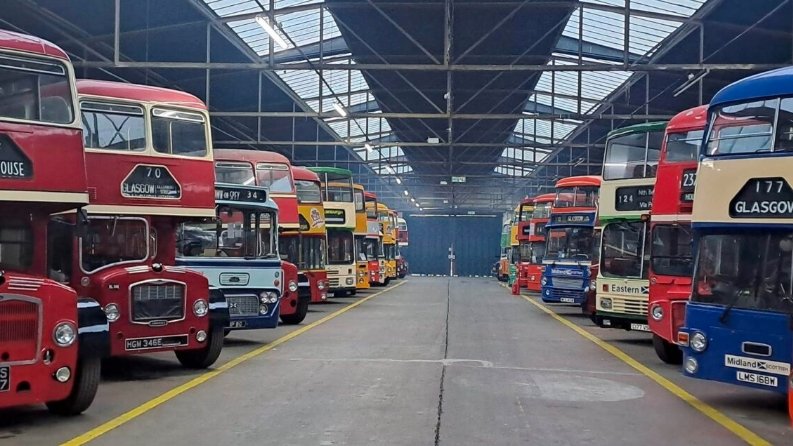Glasgow is on the brink of a transportation revolution with a proposed pilot scheme that could see 1,000 residents enjoying free public transport for nine weeks. This bold initiative aims to assess the viability of a more permanent free public transport system in the city, with the potential to reduce inequality and contribute to Glasgow’s net-zero carbon goals. The pilot, which is still seeking funding, could cost around £250,000 for the initial group and has sparked a city-wide discussion on the future of urban mobility.
Exploring the Financial Feasibility
The cost of implementing free public transport in Glasgow for all residents aged 22 to 59 for nine weeks is estimated at £95.7 million, excluding administrative expenses. This figure is based on a study that compared the costs of similar schemes in Scotland and beyond. The pilot’s limited scope aims to provide a manageable sample size to gauge the impact and inform future decisions on a broader implementation.

Assessing the Environmental Impact
One of the primary motivations behind the free public transport scheme is the potential environmental benefits. By encouraging more residents to use public transport, Glasgow hopes to reduce traffic congestion, lower emissions, and make strides towards its ambitious net-zero carbon targets. The pilot will collect usage data and survey responses to evaluate the environmental outcomes of the initiative.
The Social Implications
Beyond the environmental advantages, the scheme is also seen as a way to tackle social inequality. Providing free access to public transport could significantly benefit low-income residents, offering them greater mobility and access to opportunities. The pilot’s findings will be crucial in understanding how such a scheme could contribute to a more equitable society.


















